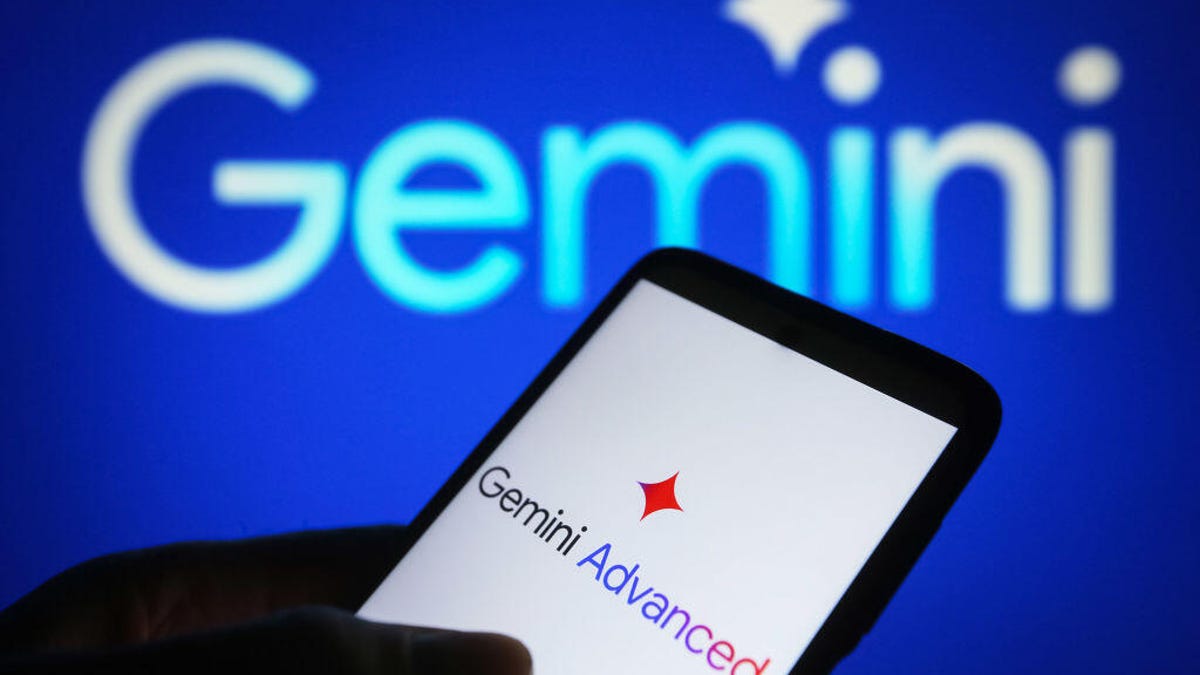How Will AI Change Our Phones? Look to the Auto Industry for Clues
Google's Sameer Samat likens the smartphone's transformation to what's happening in the automotive industry.

Google's Gemini assistant is playing a bigger role in Android.
AI is gradually starting to play a bigger role in our smartphones, from tools that let you manipulate subjects in photos to features that translate phone calls in real time. But if you want a better sense of how AI could change the smartphone experience over the long term, the automotive industry may provide some hints.
That's according to Sameer Samat, president of the Android ecosystem at Google, who spoke to CNET ahead of this year's Google I/O developers conference. Carmakers like Cadillac and Honda, among others, have big ideas about how vehicles could change in the future. Both brands have showcased concepts that reimagine the cockpit for an era in which humans don't have to spend as much time driving behind the wheel.
But those concepts are just that, for now. Major changes like these don't happen overnight, should they come to fruition at all. Instead, cars are gradually gaining upgraded sensors, improvements in lane assistance features, and tighter integration with our smartphones. AI will similarly gradually change phones over time, Samat says.
Read more: After Using the Pixel 8A, I'm Questioning the Pixel 8's Purpose
"I think the phone and other form factors will evolve in a similar way, where you start to see the ability of this AI technology to augment the experience, help you with the experience," he said. "And then there will be moments, in particular parts of the [user interface], where things begin to shift more radically."
It's impossible to say exactly what that'll look like yet. But recent additions to Android, such as Circle to Search and the upgraded version of Gemini, which Google just announced at its I/O conference on Tuesday, provide a glimpse at the direction smartphone software is heading in.
More from Google I/O 2024
These features don't completely reimagine the way we use our phones. But they do introduce new behaviors that shift away from some of the traditional processes we're used to. Circle to Search, for instance, lets you circle something on your screen to search for it, freeing you from having to leave an app to manually type a Google search for something interesting you may've come across.
The new version of Google's Gemini also integrates the assistant into Android at a more fundamental level, perhaps an effort to get us to move toward thinking in prompts and questions instead of apps when getting things done on our phones.
But there are a couple of reasons why changes like these, whether you're talking about cars or phones, need to be gradual. For one, the technology needs to be ready. And second, consumers need to be ready for it, Samat said.
"We're on a multiyear journey here to reinvent and reimagine how the experience will work," Samat said. "I do believe it will be very different. I also think it will come in phases."
Editors' note: CNET used an AI engine to help create several dozen stories, which are labeled accordingly. The note you're reading is attached to articles that deal substantively with the topic of AI but are created entirely by our expert editors and writers. For more, see our AI policy.

